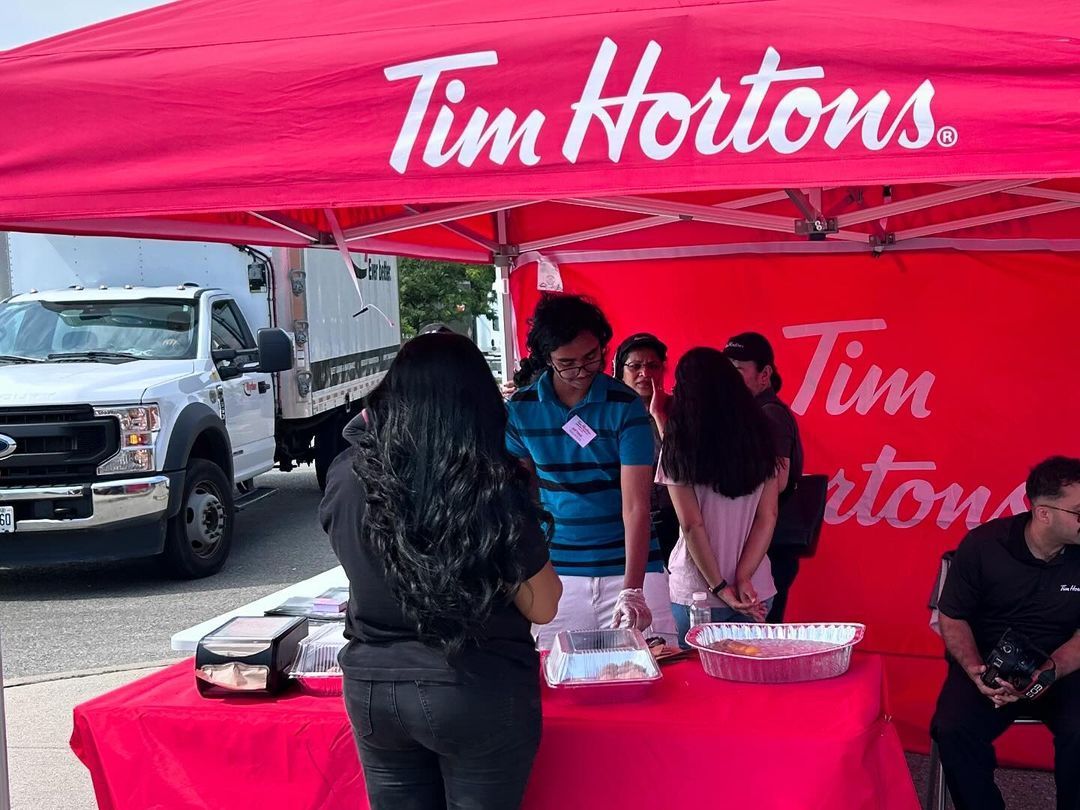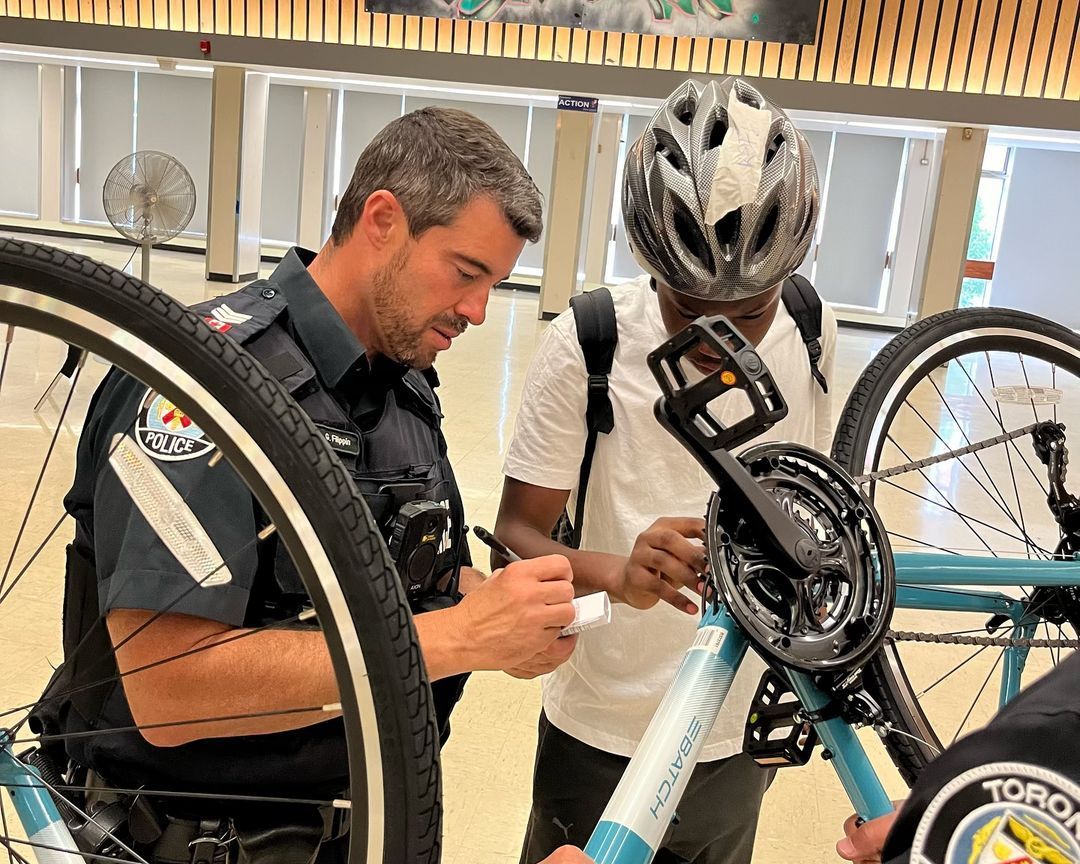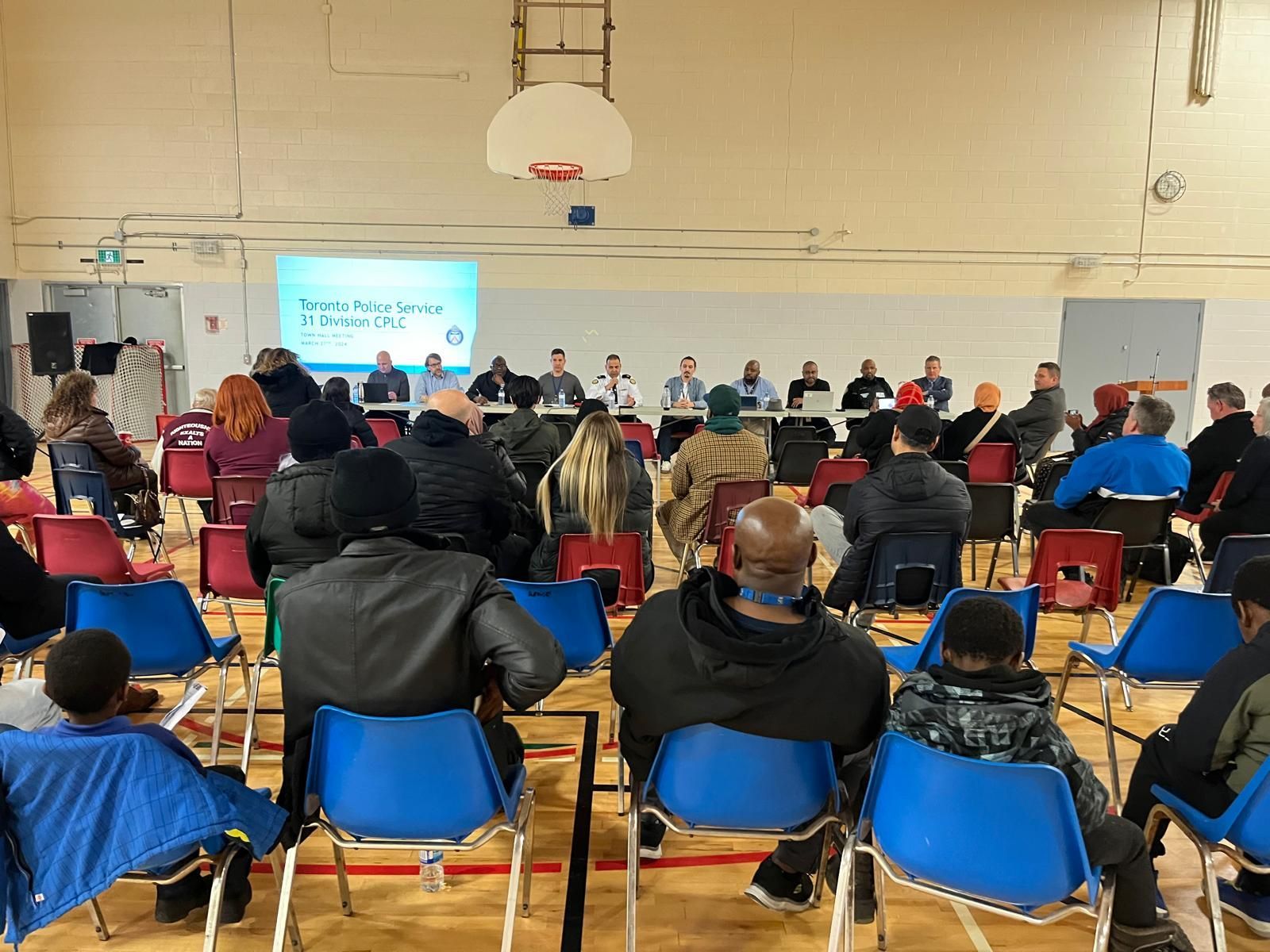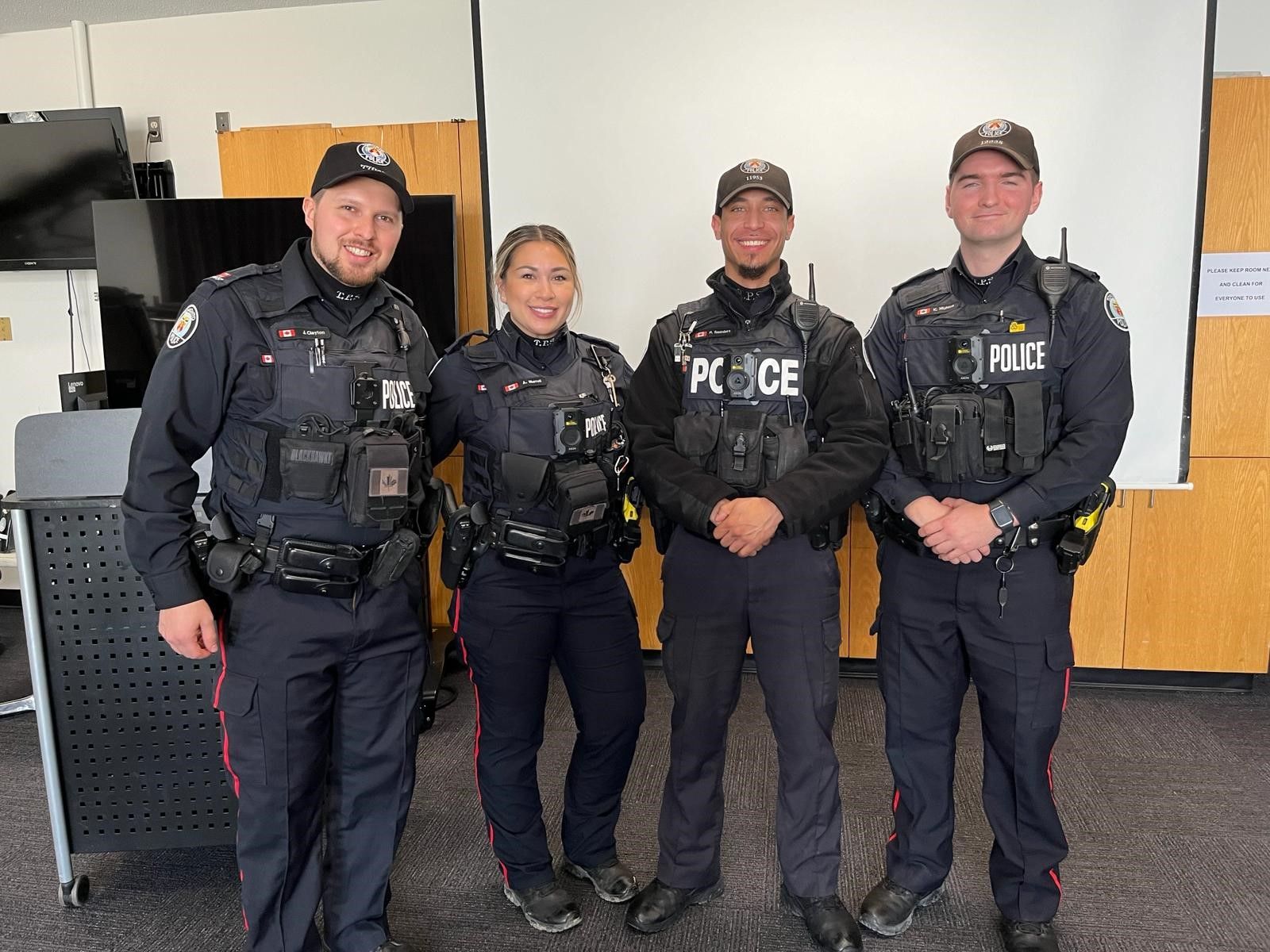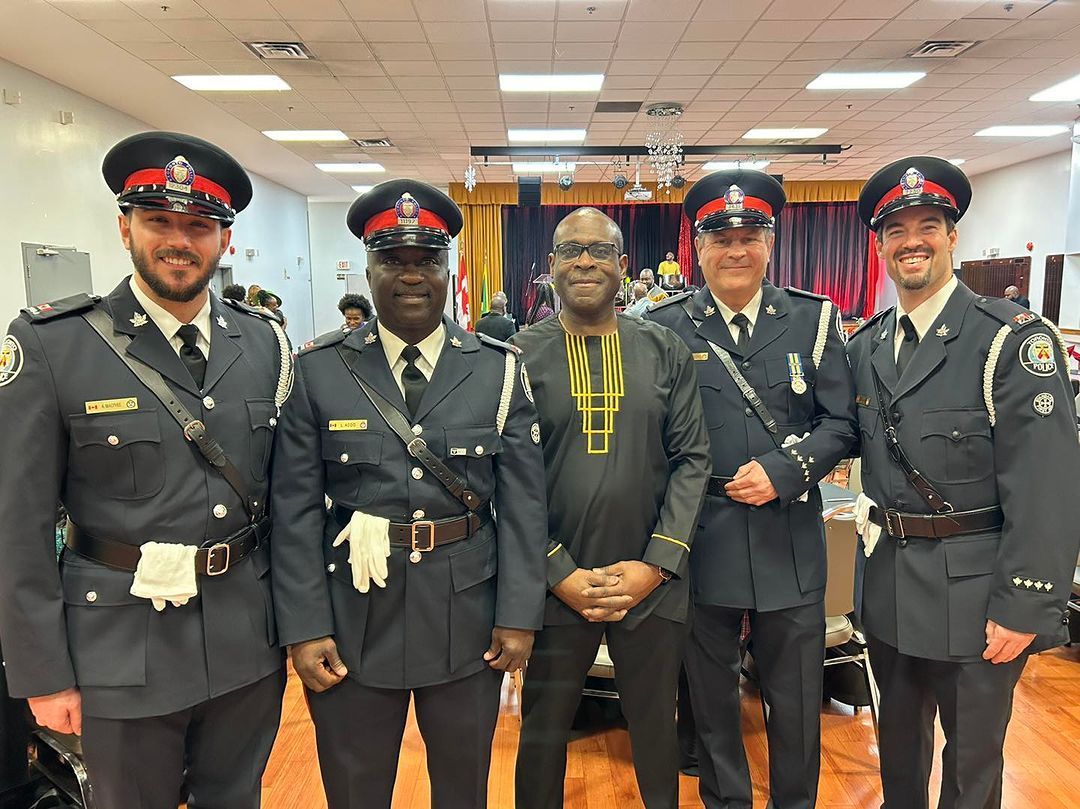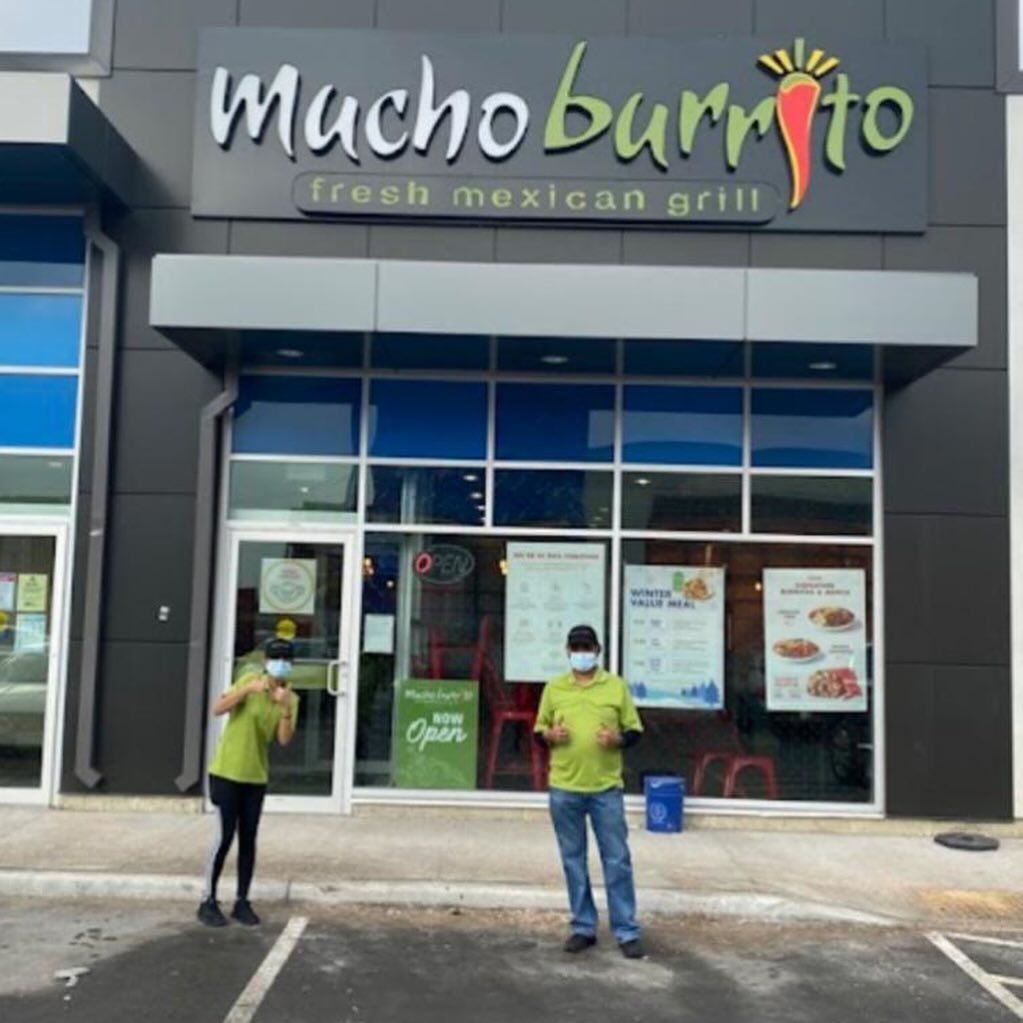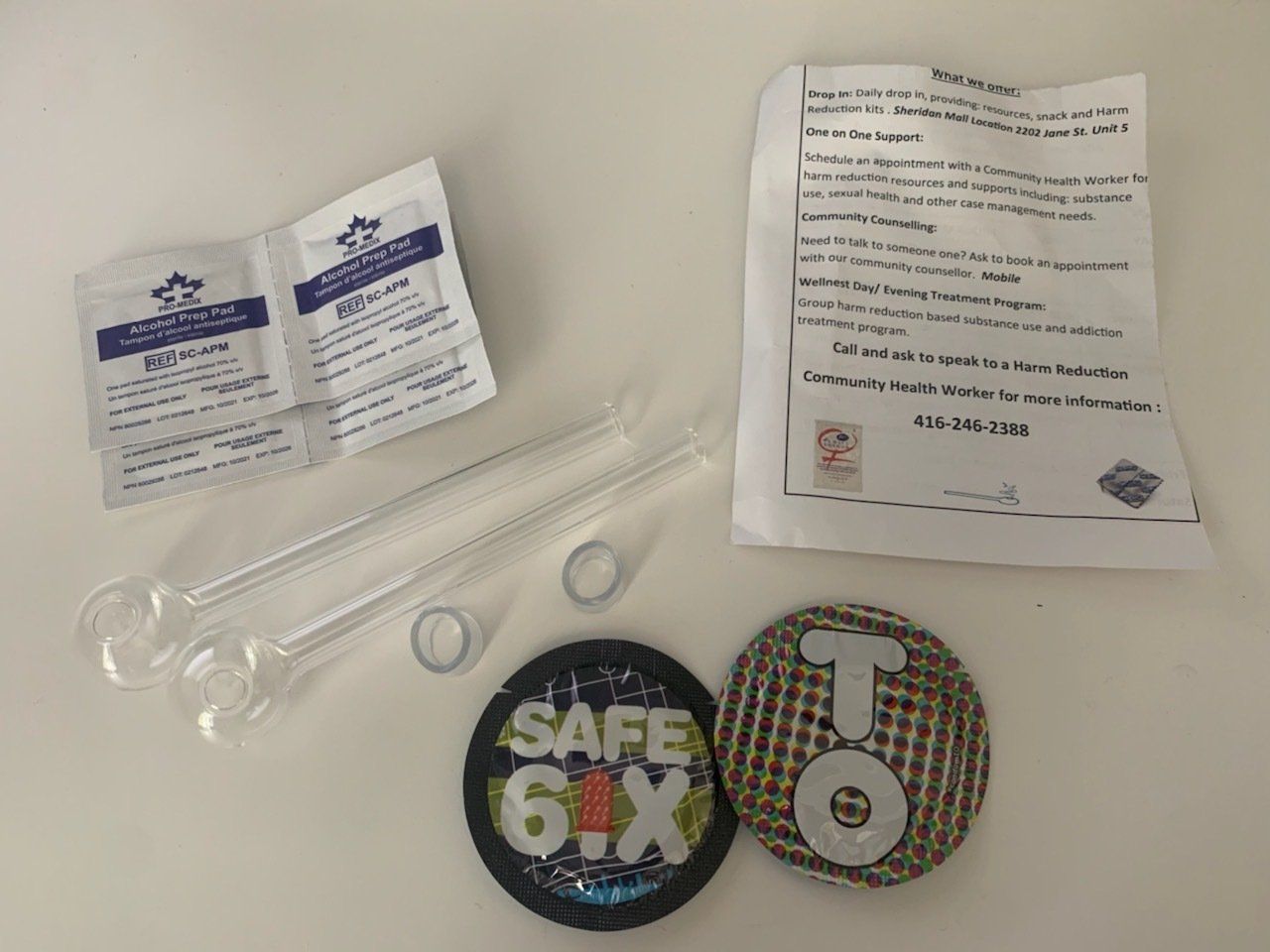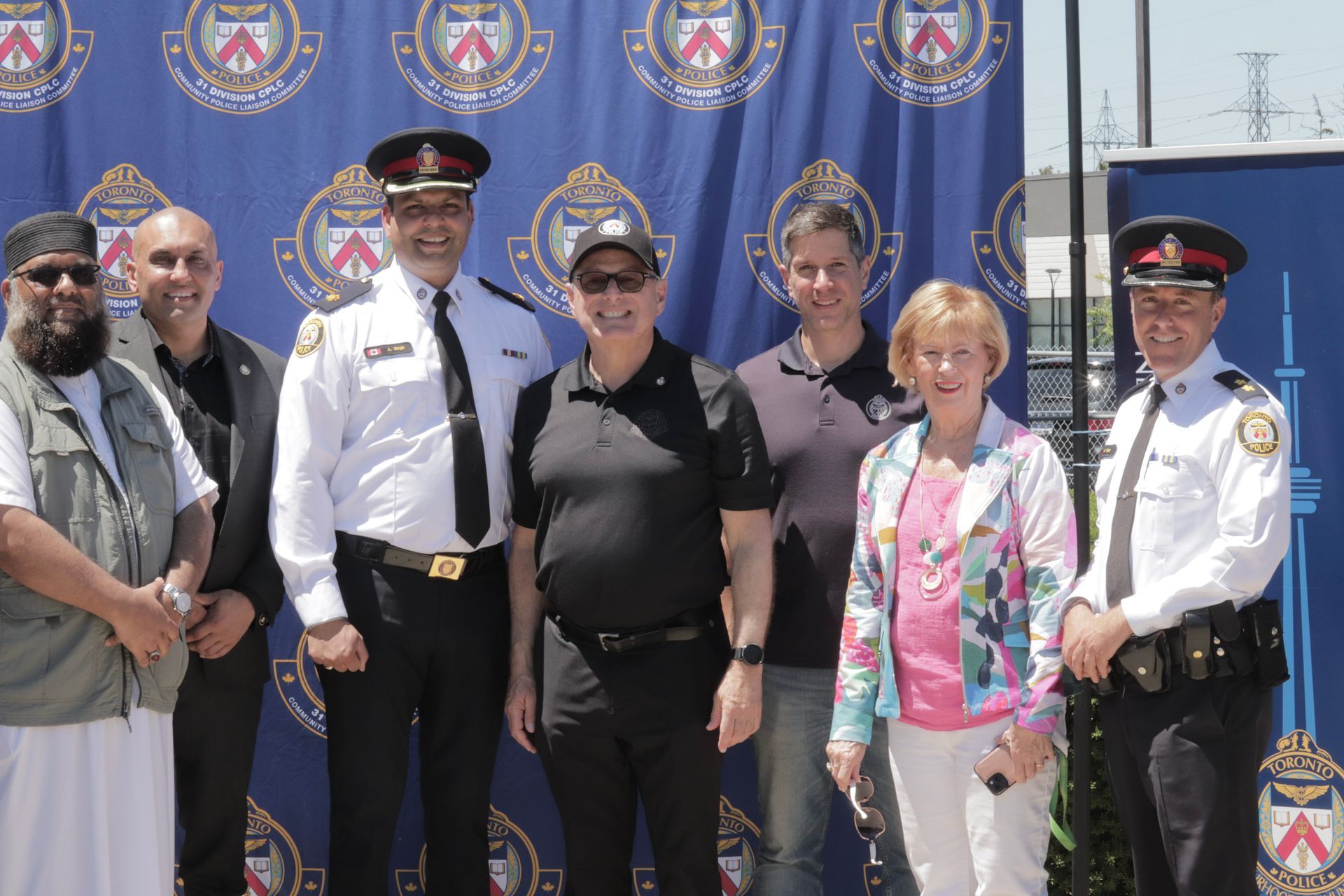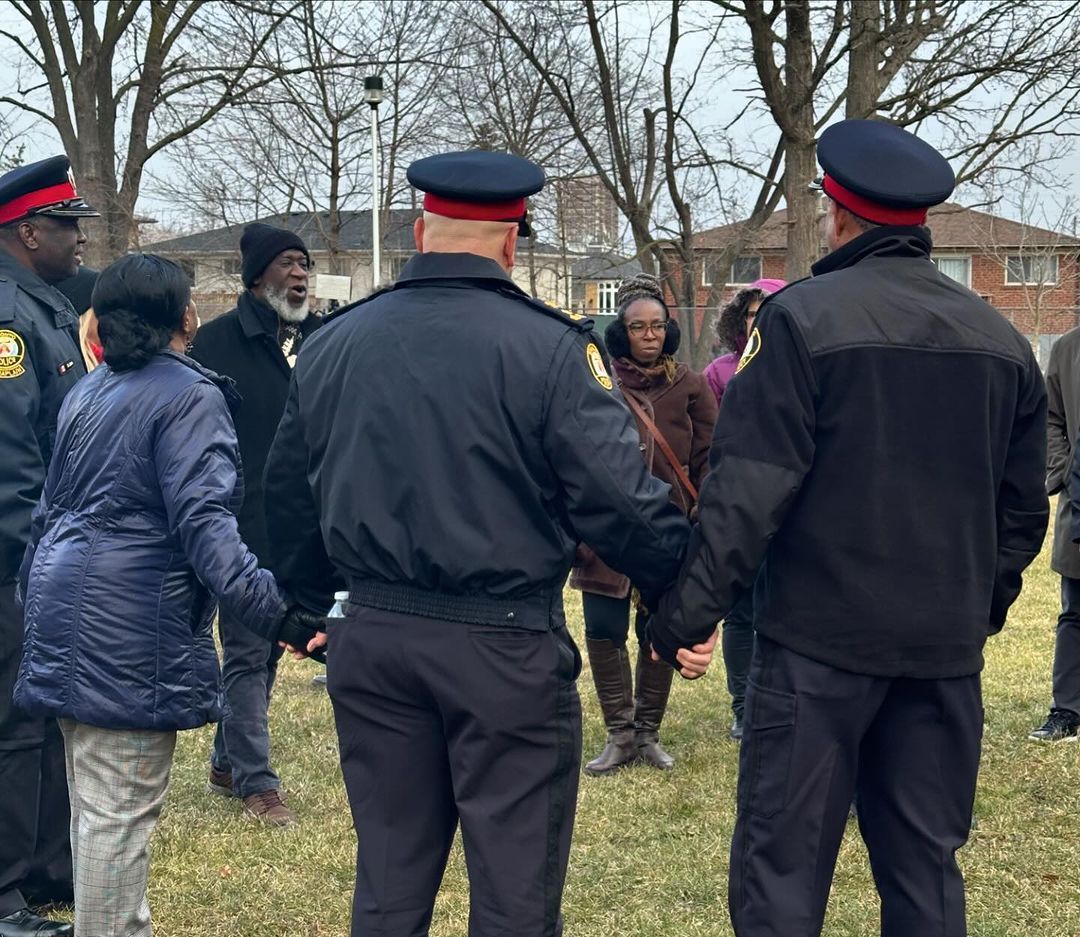1677 Wilson Avenue Shelter Community Meeting
On Monday August 22, 2022, 31 Division CPLC held a community meeting regarding the ongoing safety concerns relating to the 1677 Wilson Avenue shelter. We had representation from the Provincial Government, Hon. Michael A. Tibollo, Associate Minister of Mental Health and Addictions, MPP Tom Rakocevic, Toronto Police Service, City of Toronto counsellors James Pasternak and Anthony Perruzza, Christopher Mammoliti, TDSB Trustee, Shelter Support and Housing Administration (SSHA), Emery Village BIA, and other community organizations and residents.
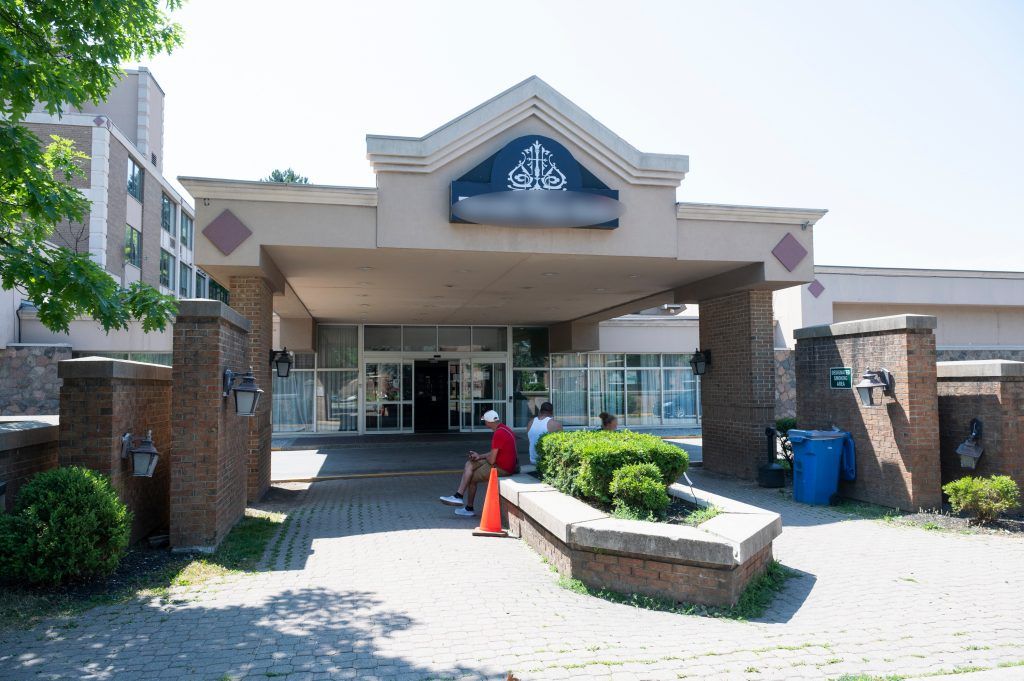
The surrounding community has experienced a greater increases in crime and disorder due to the shelter's residents.
The 1677 Wilson Ave. shelter has drastically decreased the quality of life in the surrounding area due to: drug dealing, crime, and disorderly behaviours that the shelter has attracted. Longtime residents can no longer walk safely in their own community. Parents are hesitant to let their children play in the streets or at the local parks out of concern for their children's safety and hazards posed by discarded syringes and crack pipes. The shelter and the problems it attracts have also hurt the local business community.
The community has banded together and is actively seeking the decommissioning or its relocating immediately.
The majority of the residence in the 1677 Wilson Ave. shelter have substance abuse and mental health challenges. The shelter’s harm reduction program provides sterile, single-use injection and inhalation supplies and safe disposal of used drug paraphernalia:
- needles and syringes
- sterile water
- alcohol swabs
- tourniquets
- filters
- acidifiers
- cookers
Although SSHA has staff walking through the community looking to recover these items, many are found throughout the community including, schools, business, and private residents.
The shelter does not supply any drugs/narcotics to the residence as part of the harm reduction program. Unfortunately it seems drug dealers and criminals have filled that void.
The City has been using 1677 Wilson Avenue to accommodate people experiencing homelessness since 2016.
In March 2020, the 1677 Wilson Avenue location was converted to a temporary shelter serving primarily singles and couples as part of the City’s COVID-19 response. This service is operated by the Shelter, Support and Housing Administration (SSHA) Division at the City of Toronto. The site is available for use until the RFP end date in August 2024.
The community submitted a series of questions to the Shelter, Support & Housing Administration. Below are the questions and answers.
Q1: How many clients are at the shelter?
A1: There are 190 rooms at 1677 Wilson Avenue with about 207 adult clients (some rooms have couples).
Q2: Is there a treatment program for clients with drug addiction or mental health issues?
A2: 1677 Wilson Avenue is a shelter for people experiencing homelessness, it is not a rehabilitation facility, safe injection site or in-treatment facility. Toronto Shelters abide by a harm reduction approach to support shelter clients who use drugs.
Harm reduction is one of the central components of the Toronto Drug Strategy , and a mandatory public health program under Ontario’s Health Protection and Promotion Act. Harm reduction is an evidence-based, public health approach. It aims to reduce the negative health, social, and legal outcomes associated with substance use and substance use policy, for individuals and communities. Harm Reduction is also an approach that aims to reduce drug-related harm experienced by individuals and communities without necessarily reducing the consumption of drugs.
Programming at 1677 Wilson Avenue is developed in response to the needs of people residing at the shelter. Community partners that support physical and mental health needs of vulnerable persons continue to provide services to the residents on-site. This includes:
- Nursing, physicians and psychiatry – Inner City Health Associates (ICHA)
- On-site vaccination clinics and COVID-19 testing
- Harm reduction supports – through The Works, LAMP Community Health Centre
- Multi-Disciplinary Outreach Team (M-DOT) – mental health services
- Referrals to Humber River Hospital- Chemical Dependency Program
With COVID-19 precautions still in place at many shelters, this has impacted many of the recreational activities and programming currently available throughout the shelter system.
Learn more about Safe Injection Sites and the Works Public Health programs here: https://www.toronto.ca/community-people/health-wellness-care/health-programs-advice/services-provided-by-the-works/
Gaps in other service systems are key contributors to homelessness, particularly health, including mental health, and access to harm reduction supports and substance use treatment. We know from the 2021 Street Needs Assessment ( a survey of people experiencing homelessness) that One-third of respondents who were not currently in treatment for a substance use issue expressed interest in accessing treatment, which is administered by the Province of Ontario. See SNA here: https://www.toronto.ca/community-people/community-partners/street-needs-assessment/
Q3: What are the exact details of the treatment program for clients with drug addiction or mental health issues? What does this kit look like that contains needles and purple tourniquets?
A3: As mentioned, 1677 Wilson Avenue is not a treatment program. The shelter doesn’t provide safe supply of drugs on site. Clients seek the medical care they seek from the supports available, nursing, doctor, psychiatry, pharmacists etc. The supplies for the harm reductions kits are provided by Toronto Public Health and shared with people who ask for it at the shelter and the following local agencies:
Black Creek Community Health Centre – 2205 Jane Street
Black Creek Community Health Centre – Yorkgate Mall Site
A full list of distribution agencies across the City is available here https://www.toronto.ca/community-people/health-wellness-care/health-programs-advice/harm-reduction-supplies-and-locations/
Safer injection equipment
- needles and syringes in various sizes and brands
- sterile water
- alcohol swabs
- tourniquets
- filters
- acidifiers
- cookers
Q4: What is the length of the treatment program? How many clients are receiving treatment?
A4: As stated, this is not a treatment facility. Medical services and support are available to all shelter residents / clients their uptake and use is up to clients.
The City continues to work closely with every shelter program to ensure harm reduction services are offered to clients, in line with its June 2021, harm reduction recent directive. This includes plans for overdose prevention and response that may include other types of peer witnessing programs (i.e. where residents consume drugs in the company of an appointed staff person or peer), as well as wellness checks. All staff must also undergo mandatory training on drug use, harm reduction and overdose prevention and response, and all sites must provide access to on-site harm reduction supplies, including naloxone.
Q5: Who is responsible for shelter clients and “guests” when off shelter property?
A5: Guests are not allowed into the shelter. Only staff, service providers and shelter clients are allowed into the building.
Q6: Who is responsible for clients when they are consuming drugs on shelter property in public?
A6: If shelter clients are consuming on shelter property they will approach client and encourage them to move inside.
Q7: Who is responsible for the disposal of garbage and tents?
A7: 311 is the appropriate place to send these requests. Garbage, including discarded harm reduction equipment, or tents that are not being lived in, is cleaned up based on where it lies. On private property, it is up to the property owner to clean the area. On City of Toronto Property, it is up to either Parks Forestry and Recreation, Transportation Service and / or Solid Waste Management Services to address the issue. A description of the debris and a very specific description of where the debris is found is helpful for 311 staff to accurately route the appropriate cleaning service.
Please report tents to 311 as well. Reported tents are investigated to see if they are occupied. If they are occupied, outreach services are engaged to offer those living in the tent(s) a safer indoor space with supports. If they are unoccupied, over the course of several days City staff will continue to investigate to ensure that the belongings are in fact abandoned. If the tent becomes unoccupied based on a referral to a safer indoor space with supports, or due to it being abandoned, the City will clean up afterwards.
Q8: Who is responsible to remove non-shelter residents off the property? How is this currently being facilitated?
A8: Non-shelter residents are asked to leave the property by staff that are on site. The Security staff in place are there to support shelter staff. If the people refuse to leave staff then call TPS for support to remove the person from the premises. If they are seeking shelters, staff assist the individual to contact central intake for a referral to bed in the system or transportation to a drop in centre nearby where they can continue to wait for a referral if immediate placement is not possible. Staff also are in contact with Streets to Homes to request support for those who remain outside/ in nearby encampments.
Q9: What is the cost per unit to the city? What is the cost per client to the city?
A9: Shelters are not a permanent solution to homelessness, housing is. In December 2020 City Council direct a shift from investment in new emergency shelter programs to more sustainable long-term solutions to the homelessness through the provision of permanent affordable and supportive housing. This pivot is well underway and what services are in place now are the COVID-19 expanded sites opened in 2020 the Council-approved transition plan is underway which involved extending leases until April 2023, maintaining operations at RFP sites like 1677 Wilson Avenue through the contract entirety into 2024 while decommissioning up to five lease sites in 2022 while moving people to housing or other shelter space.
The cost to provide service in a shelter per client is $240 per day – this includes, meals, operations and support services.
207 clients @ $240.00 pre day = $49,680.00
$18,133,200.00 per year.
(Not including the cost of calls for service by Toronto Police Service, Toronto Paramedic Services, or Toronto Fire Services)
Q10: How many Shelter, Support & Housing staff are on-site at the shelter? What is their work schedule?
A10: Staff are on-site 24/7 days a week The number of staff on shift vary according to shift and range from 25-35 on days and afternoons, to 15-20 overnight.
Staffing levels are affected by recruitment pressures, availability of coverage, absenteeism related to COVID and factors.The city is actively hiring to ensure that there are adequate staff to support the shelter system. Shifts operate 24-7 and vary by role between 8 and 12 hours Other workers onsite include: Hotel staff, cleaning staff, Hotel operations staff, dietary, and maintenance, Intercity health associates clinical staff, harm reduction workers including peer workers Security roles are in addition to the numbers provided above.
Q11: How many Security personnel are on site? What are their work hours?
A11: There are five security guards on site 24/7. The guards support safe shelter operations on site and staff. They are not responsible to apprehend or remove individuals who are trespassing on the property. Emergency services are engaged address external threats to resident and staff safety. All staff are trained on de-escalation, conflict resolution and crisis prevention, intervention and management. The following safety measures are in place at 1677 Wilson Avenue to support the residents and community:
- A community safety ambassador (CSA) has been present on the premises to:
- establish healthy relations and lines of communications with shelter residents while assisting shelter staff when required to ensure that all residents comply with Toronto Shelter Standards
- help in response to drug paraphernalia collection, alerting of an overdose and other community issues or concerns
- respond to immediate non-police or non-EMS related matters and also patrol “hotspots” identified by the community
- The Community Safety Ambassador route is varied based on changed in activity.
- Starting the week of August 29, the Community Safety Ambassadors will be on shift 24/7, as noted on August 22, through CLC meetings and provider meetings the routes these team take will be updated based on feedback to City staff.
- On-site security teams stationed at the South and North Towers 24/7 and patrol at each entrance, hotel parking lot and exit doors
- Patrols throughout the building are conducted every 30-60 minutes, checking stairways and emergency exists
- Security also checks fire safety equipment to ensure it has not been vandalized
- In response to recent concerns raised about behaviours of non-shelter clients around the shelter site, over the next 60 days, SSHA has requested periodic Paid Duty Officer shifts with TPS, paid duty office.
The City beautified the front space to make it more appealing for the community, while also renewing and upgrading the inner courtyard of the building to provide outdoor space for shelter residents. In addition, the courtyard will include a community garden for shelter residents, seating and tables. In addition, the City added increased seating at the rear of the building. Staff work to encourage shelter residents to congregate in the courtyard area and rear of building instead of gathering on public walk ways and at the front of the building.
People using shelter services are equal residents of the city. They can move around communities and use amenities such as parks and public benches. And like all residents, shelter residents are also expected to conduct themselves according to the rules/laws and by-laws. Shelter residents attend regular shelter/program meetings where any issues with rights and responsibilities are routinely discussed.
Q12: What are the Support & Housing staff’s responsibilities on the shelter property?
A12: Staff at the shelter provide 24/7support to client to meet their daily needs for safety, food, shelter, crisis support, and acute case management needs. We assist residents to access identification, eligible financial benefits and applications to appropriate housing options so they can move from the shelter to permanent housing as soon as possible. We connect residents by referrals to supports outside of the shelter that they can continue to access beyond their emergency stay.
Q13: How many deaths have occurred on the property?
A13: The City releases data on deaths and overdoses quarterly. The details are online here https://www.toronto.ca/city-government/data-research-maps/research-reports/housing-and-homelessness-research-and-reports/overdoses-in-homelessness-services-settings/ and in open data which details some location-by-location information about overdoses.
- Across the City of Toronto, since 2018, there have been over 3,796 non-fatal overdoses and 188 fatal overdoses in homelessness service settings.
- Non-fatal overdoses have been increasing steadily within shelter settings, going from an average of 26 per month in 2018, to an average of 67 per month in 2020 and an average of 125 per month in 2021. So far in 2022, the data indicates a decrease compared to the past year, with an average of 96 per month.
- The true number of overdose incidents in Toronto shelters is likely higher given that paramedics may not be called in every case, in particular, if first responders on site are able to reverse the overdose and support and monitor the individual.
- In total, there were 14 overdose deaths in Q2 of 2022 in Toronto shelters. The highest number of overdose deaths in homelessness services settings took place between October and December, 2021, with 23 fatal overdoses occurring in that quarter.
Q14: How many overdoses have occurred on the property?
A14: It should be noted that non-fatal overdoses have been increasing steadily within shelter settings. Overdoses that do not cause death are often the result of the quick action and response of shelter staff intervening to save lives by administering naloxone and calling for emergency services.
Across the Shelter system there have been 29 fatal overdoses. At 1677 Wilson, there were 9, non-fatal overdoses in Q1 2022 and 8, non-fatal overdoses in Q2 2022.
In June 2021, the City launched a toolkit of harm reduction resources for shelters to provide expanded support for overdose prevention. The toolkit included critical improvements to shelter standards, including new training, supplies, dedicated harm reduction workers, grief and loss support and safe spaces.
The City is working with Ontario Health Toronto Region and other partners to implement a shelter health services framework to provide a consistent approach to health services in all shelters, as well as to map harm reduction, mental health and primary health care resources to shelter locations in order to identify resource needs and gaps. Guidance Document for harm reduction in shelter programs: A ten point plan (toronto.ca)
Further action is needed and the City is urging the provincial and federal governments to allocate additional funding and to make more long-term investment to address the scale of need for mental health and harm reduction resources across the city.
Share this article
31 Divison News

